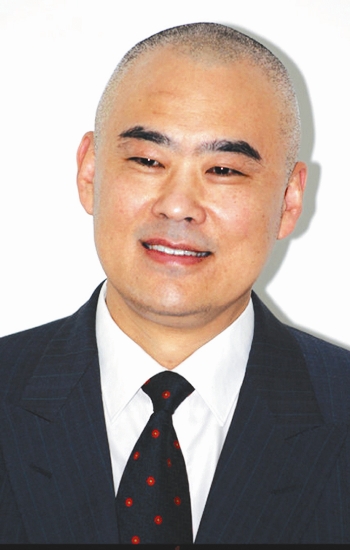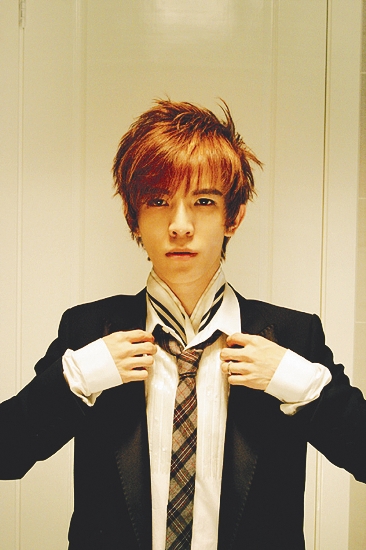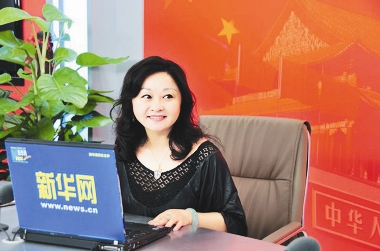


THE release of an annual list of China’s richest writers revealed a sharp reduction in the commercial performance of serious writers and a corresponding increase in the sale of literature for teenagers.
The 2010 “China’s 25 Richest Writers” list was made public Monday. On top of the list were Yang Hongying, a writer of children’s books, Guo Jingming, a teenage icon and Zheng Yuanjie, another children’s book author.
The list has been published annually since 2006 by Chengdu Shangbao, a popular southwest China-based daily newspaper.
The list is based on revenue from the copyright of books from Nov. 15, 2009, to Nov. 10 this year. In China, a writer’s copyright revenue is usually equal to about 8 to 12 percent of the sales of the books.
Yang reported revenue of 25 million yuan (US$3.68 million) while Jia Pingwa, last on the list, received 1.6 million yuan.
Although the list is controversial, with debate over the definition of wealth and the accuracy of the revenue figures, Wu Huairao, the list’s compiler, said the makeup of the list this year indicated major changes in China’s publication market and the reading habits of Chinese.
Yang, Guo and Zheng have dominated top positions on the list since 2008 while the number of serious writers has continued to decline.
In 2006, the wealthiest writer was Yu Qiuyu, a renowned essayist and cultural critic, while in second place came Eryuehe, a writer of historical novels including “The Yongzheng Dynasty.”
Su Tong, writer of the novels “Wives and Concubines,” “Rice,” and “My Life As Emperor”, was fourth on the 2006 list.
In 2007, the highest-ranking serious writer was Wang Shuo in sixth position, and since 2008 there have been none in the top 10. In 2006, at least 10 of the richest 20 were recognized serious fiction writers but this year there were only four among the 25. In sharp contrast, writers of children’s books, teen novels and Internet novels were big sellers.
This year, writers of non-fiction on economic issues performed well. Larry Lang, an outspoken Hong Kong-based economist, was placed sixth on the list.
Zhang Yiwu, a professor at Beijing University’s Department of Chinese Language and Literature, said Chinese readers had obviously divided into two groups, with the readers of serious literature in the minority.
“It is natural in a mature publication market for the revenue of serious writers to lag behind popular writers,” Zhang said. “The number of readers of serious literature does not change drastically. It remains stable. However, readers of popular and commercial works increased rapidly.”
Over the past five to 10 years, China’s publishing industry had undergone deep reform, Zhang said, noting that publishers were now more skilled at marketing a book and the author.
“Children and teenagers have became a major part of the reading population, and parents are buying more books for their children, because they want them to read. Adults are reading less, too,” Zhang said.
The problem was that young readers were losing interest in serious literature, mainly because they had more choices and because serious writers barely interested them, he said. “There are a maximum of 10 serious writers who are successful in the market and most of them were born in the 1950s and 1960s. It takes much more time for a young writer to be acknowledged as a serious literary figure than it does in the popular field.”
This year, together with the list of China’s 25 richest writers, Chengdu Shangbao announced a list of the 25 most commercially successful foreign writers in the Chinese market since 2000.
To no one’s surprise, the author of the Harry Potter series, J.K. Rowling, topped the list. Thomas Brezina, an Austrian writer of children’s books, and Dan Brown, author of “The Da Vinci Code,” followed.
Haruki Murakami, a Japanese novelist known for his postmodern literature, ranked fourth and Milan Kundera, the Czech writer best known for “The Unbearable Lightness of Being” and “The Joke,” was ninth. (Xinhua)
|

